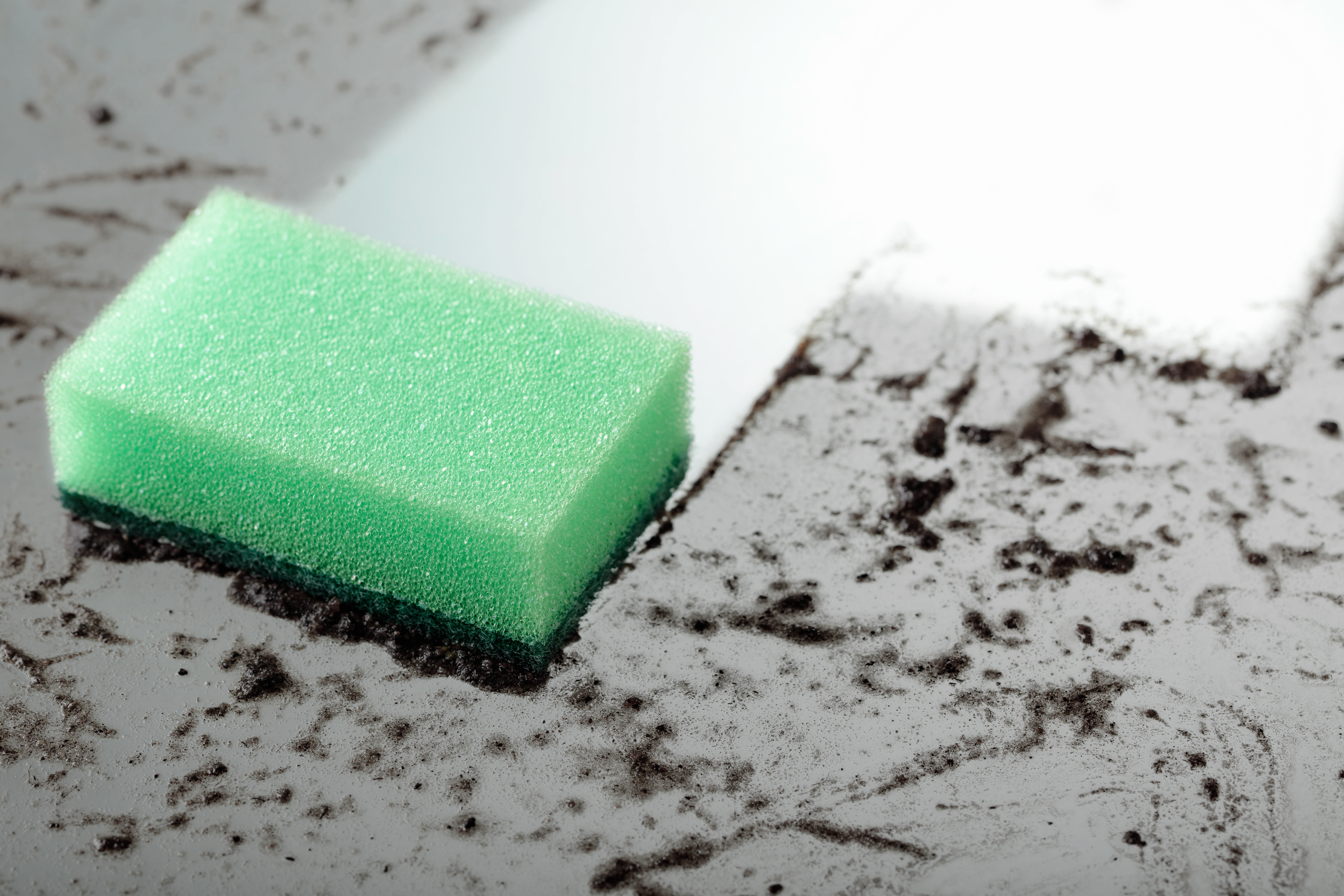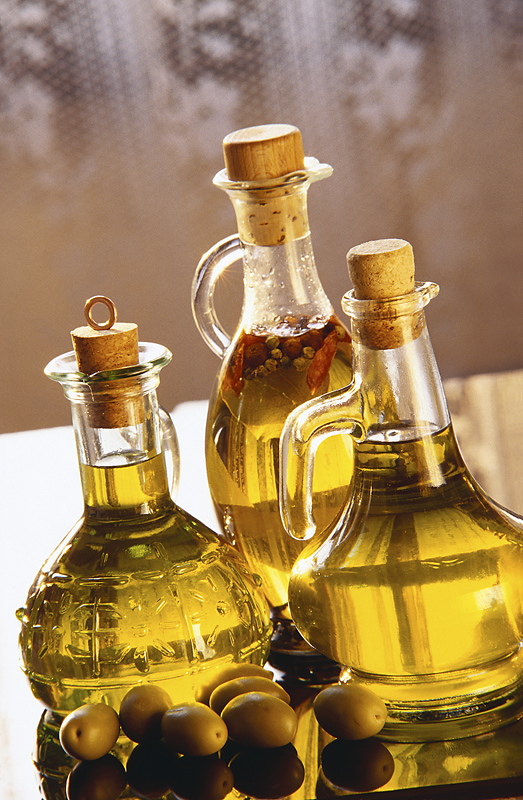
Are our lives—our time, talent and treasure—that we’re offering to Elohim a holy or unholy sacrifice, pure or impure, blemished or unblemished, the best or the left-over crumbs?
Leviticus 22:1–31, Profane Vs. Holy. In this section of the Torah, YHVH makes some strong delineations between that which is profane, polluted or contaminated and that which is kadosh or set-apart in service to YHVH. To come into his Presence demands that men follow high and exacting standards. Why? It is to teach sinful man that although YHVH is high and lifted up above the mortal and mundane plane in his set-apartness and righteousness, he is not unapproachable by men if they will prepare themselves properly to come into his Presence. (Read Eccl 5:1–2.) He wanted to impress this upon the Israelites as they began the service of the tabernacle.
Therefore, YHVH specifies that certain offerings brought to his altar that are contaminated will be rejected if (a) the offerer is in a state of physical contamination, (b) he is contaminated through improper marriage, or (c) he is offering a blemished animal. What can we learn from this? What offerings do we bring to YHVH’s altar now? Our time, our money, our energy, our talents and spiritual gifts, our devotion? Do we give him the best? Do you pray to him and study his Word in the morning when you are the freshest, or do you give him the crumbs of your day after a hard day’s work just before bed when you offer up “sleepy time” prayers and read the Scriptures as your drifting off to sleep? Are your tithes the crumbs and leftovers after all the bills are paid, the government has taken out its portion and your play money has been set aside?
If you are a young person, are you serving YHVH while you have the health and vigor of youthfulness, or are you planning on playing now and serving YHVH after you have sated the lusts of the flesh, if at all? (Read Eccl 11:9–10; 12:1–14 and Matt 6:24.) Examine your life. Are you giving YHVH the best in all areas? If not, repent and change your priorities, and then see what happens in your spiritual walk and relationship with him!



